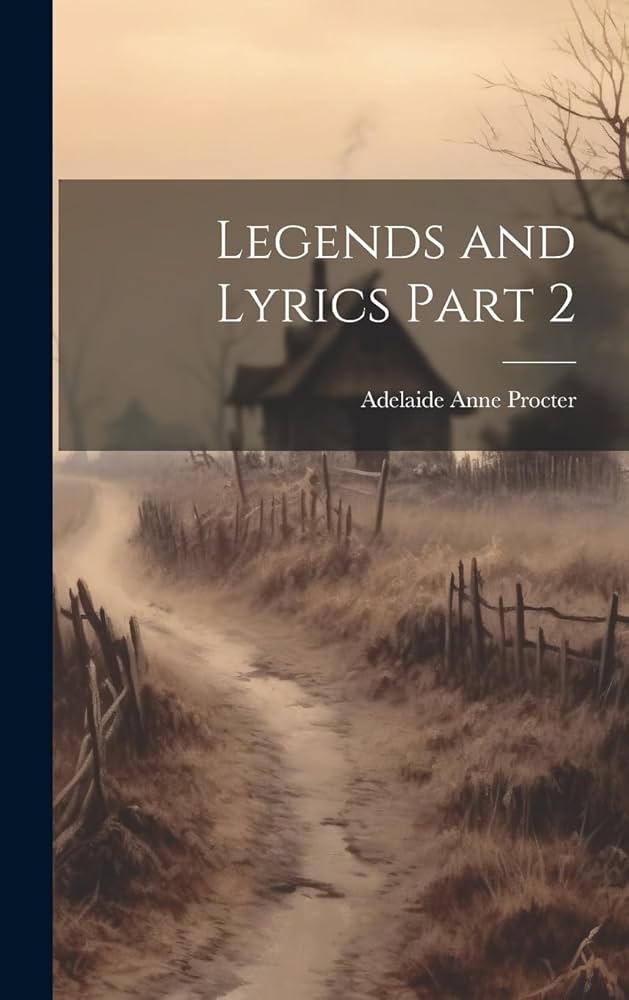VERSE: A New Mother
byA New Mother opens within the quiet strain of a family still grieving, where love is present, but fragmented by memory and loss. Sir Arthur, though dignified and affectionate, carries a solemn weight since the death of his wife. Her absence lingers in the house like a shadow that dims even the happiest days. Each night, the children gaze at her portrait, not as a habit, but as a ritual that binds them to the past. Her voice echoes in the walls, her influence woven into every custom they refuse to let go. That devotion is not resistance—it is how they hold on to stability in a world that has changed too quickly.
When Margaret enters the family, she brings warmth and patience, aware that love cannot be forced, especially where grief is fresh. Her intentions are gentle, shaped not by the desire to replace, but to support. She knew their mother, once called her friend, and this knowledge deepens both her connection and the unspoken distance. The children, led by the eldest, hold firm to their mother’s memory, struggling to see Margaret as anything more than an intruder. Their loyalty feels like protection, a way to ensure that no one forgets who their mother was. Even kind gestures from Margaret are met with silence or stiff civility. Still, she persists, not with demands, but with the quiet dignity of someone who understands the ache of unspoken things.
Sir Arthur finds himself caught between the past and present. With Margaret, he feels lighter, reminded that life continues even in sorrow. Yet he sees the tension in his children, the way their eyes darken when Margaret enters a room. He does not scold them, but his heart aches for harmony. The contrast between his joy and their resistance grows sharper each day. In one tender moment, Margaret kneels beside the eldest daughter and asks to be called “Margaret,” just as her mother did. It’s a gesture of humility, not replacement, but the girl’s hesitation speaks volumes. The past holds tightly, and it doesn’t release easily.
As war begins to cast its long shadow, Sir Arthur is summoned to serve, adding another layer of uncertainty to their fragile home. Before leaving, he gathers the children and speaks not as a soldier, but as a father. He reminds them that Margaret was once their mother’s cherished friend, chosen not by chance but by shared trust and affection. This isn’t just about remarrying—it’s about continuing a story that began with love and sacrifice. He asks not for sudden change, but for open hearts. The room is still, filled with the weight of history and the tremble of change.
In this moment, the father’s words become a bridge between two women—the one remembered and the one present. He does not diminish their grief but urges them to see that love can extend, not replace. Margaret’s presence is not a betrayal but a continuation of the care their mother would have wanted. Slowly, the children’s posture softens. Perhaps not acceptance, but something close—an opening. As Sir Arthur departs for war, his hope rests on the quiet understanding he’s tried to cultivate.
The family’s story is not one of clear resolutions, but of slow healing. Margaret remains patient, honoring the space their mother left behind while gently carving her own. The children, growing through loss and change, begin to understand that love need not be divided to be real. In time, gestures once met with silence are returned with small smiles. A scarf tied, a book shared, a word of thanks whispered—it is through these that the new bonds begin to form.
What this tale gently offers is not a perfect answer to grief, but a reminder of how complex, layered, and necessary love can be in all its forms. Blended families often navigate spaces shaped by absence and legacy, where affection is hard-won but deeply rooted when it blooms. Margaret’s love is not loud, but it is steadfast, and that persistence becomes a quiet gift. In her, the children may one day see not a second mother, but a constant light—one that walked beside their sorrow and stayed.

